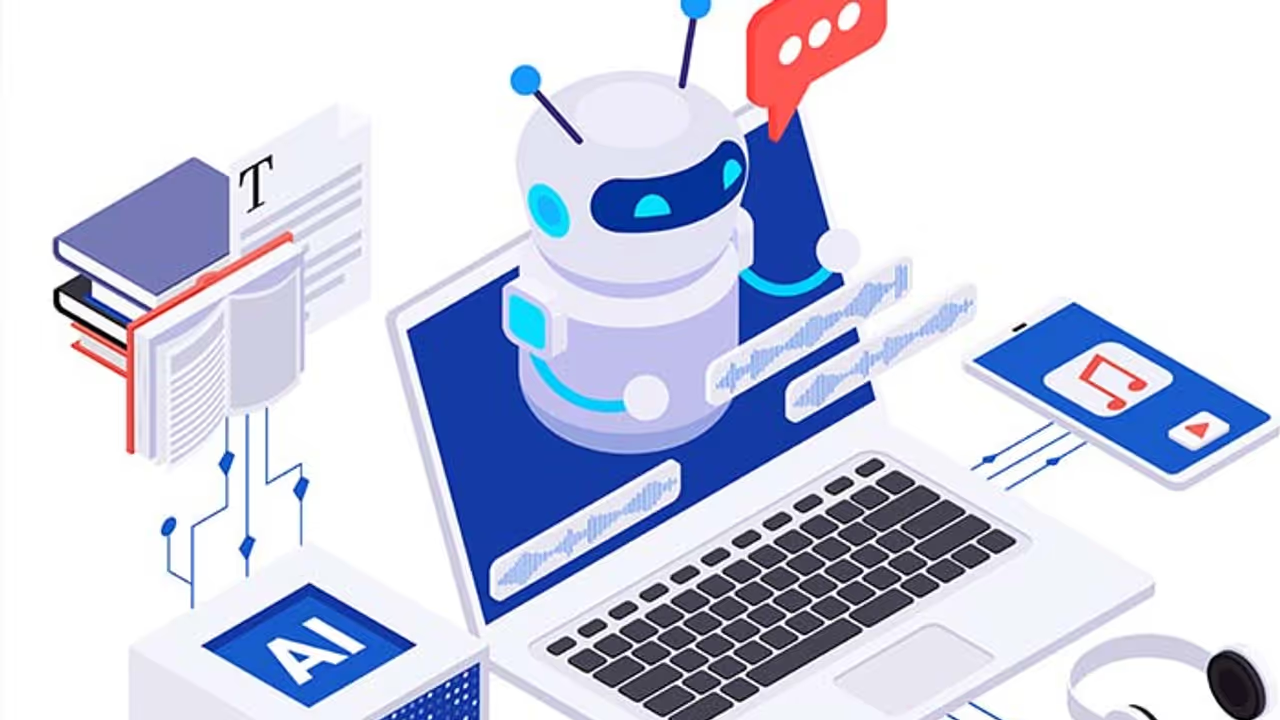As AI becomes more involved in healthcare, it's increasingly being used to interpret symptoms and suggest diagnoses. But when it comes to mental health, AI often misreads emotional distress as physical illness—leading to misdiagnosis, delayed care.
As Artificial Intelligence speeds faster into medicine, it hinders the promise of quicker diagnoses, greater access, and more customized treatment. But when treating mental health, AI systems usually fail—usually attributing psychological illnesses to physical ones. While AI has the ability to identify patterns in information, it lacks the subtlety to capture the intricacies of human minds. This is what occurs, and why, beneath the veil of such misdiagnoses.

How AI mistakes mental health conditions to physical problems?
1. Symptom Overlap Between Physical and Mental Illness
Symptom overlap is the most difficult one. Fatigue, headache, chest pain, or abdominal problems may be caused by anxiety, depression, or panic disorders. Nevertheless, most AI algorithms learned on symptom-based data sets will either select these as only physical ailments like cardiac or gastrointestinal and ignore the mental cause.
2. Data Bias in Medical Records
AI is data-driven, and the majority of historical medical records emphasize physical symptoms rather than commentary on mental health. If an anxious patient comes in with a rapid heartbeat and chest pain and is screened for cardiovascular disease on a regular basis, the AI will learn that the symptoms are only of physical origin—recycling misclassification.
3. Lack of Emotional Context and Sensitivity
Unlike human physicians, who intervene with follow-up questions and translate emotional cues, AI has no ability to infer tone, body language, or lived reality. It can misread emotionally charged declaratives such as "I feel like I cannot breathe" as completely physical, when they could be symptoms of a panic attack or trauma response.
4. Failure to Account for Psychological Information
Computer programs are more effectively trained on measurable lab work (e.g., blood pressure, cholesterol) than they are on abstract inputs such as mood, stress, or emotional background. Since mental illness lacks the tangible lab indicators, AI won't have a strong likelihood of considering psychological information in an even manner in its calculations.
5. Over-Dependence on Chatbots and Self-Diagnosis Websites
Most symptom-checkers and mental health chatbots are psychologically shallow. The vast majority of individuals with mental distress receive generic guidance or are referred to other, completely unrelated conditions. This not only causes delay in correct diagnosis but can also potentially enhance confusion and stigma around the need for help.
6. Cultural and Linguistic Gaps
Expression of mental health differs between cultures and languages. AI developed largely with Western data may not be aware of the way a person from another culture explains depression or anxiety. This may result in more misinterpretation, particularly for multicultural populations.
7. Risk of Overmedicalization
Occasionally, AI attempts to "tag" everything—leading to overmedicalizing normal emotional reactions. Grief, stress, or burnout can be tagged as clinical conditions, or worse, get a physical tag. It has the potential to pathologize everyday human experience instead of exercising empathy and compassion.
AI is a very useful helper, but when it comes to mental health, human judgment, empathy, and nuance cannot be substituted. In order to do better, mental health data need to be summoned with wisdom, and AI devices must always supplement, never substitute, clinical practice. Mental health is not data points; it's people.


